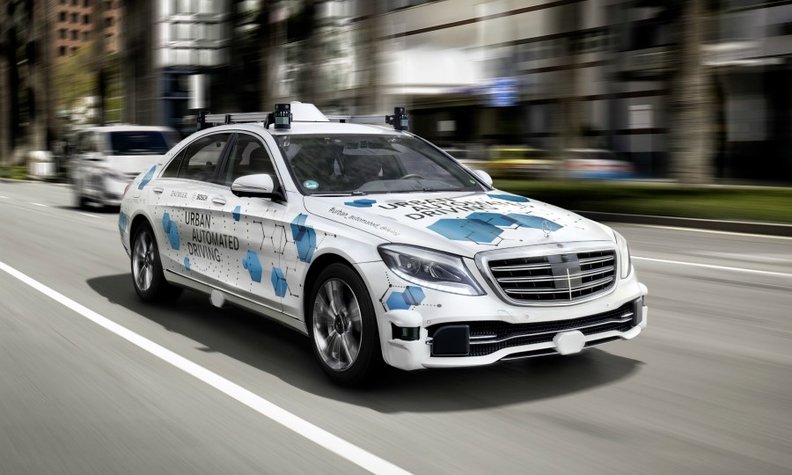Germany bids to be first in Level 4 Regulation
- August 5, 2020
- William Payne

Germany’s Ministry of Transport has drawn up a broad framework to regulate Level 4 autonomous vehicles on the country’s roads. According to press reports, Germany aims to become the first country in the European Union to legislate for Level 4 vehicles, a move that would put it in pole position to determine EU-wide regulation of self driving cars, and would advantage the country’s large automobile manufacturing base.
The absence of EU wide rules means that Germany is free to push ahead and create its own regulations. If there were EU-wide rules in place, or under consideration, then the whole area of regulation would become a “harmonised area” of European Law, and would be off-limits to national efforts at self-regulation.
If Germany puts its planned framework for Level 4 regulation into place, then any subsequent EU-wide efforts to regulate self driving cars across the European Union are likely to replicate Germany’s existing framework.
In the United States, although certain states, such as California, have pushed ahead, the country lacks a unified Federal approach. Germany says that its roads will be open to any operator.
“The planned new legal framework should create the prerequisites in the current legislative period to allow for the standard operation of autonomous, driverless motorized vehicles on public roads, limited geographically to a defined environment,” the German transportation ministry told automotive magazine ANE.
In a separate development, a German court has criticised Tesla’s use of the words ‘Autopilot’ and ‘Full Self-Driving’. The court said that Tesla is misleading the public, and its marketing could lead to potentially dangerous misuse of the driver aid systems.
In 2016, Israeli self driving technology developer Mobileye ended its relationship with Tesla, criticising the US car maker’s claims about the self driving capabilities of its vehicles.




